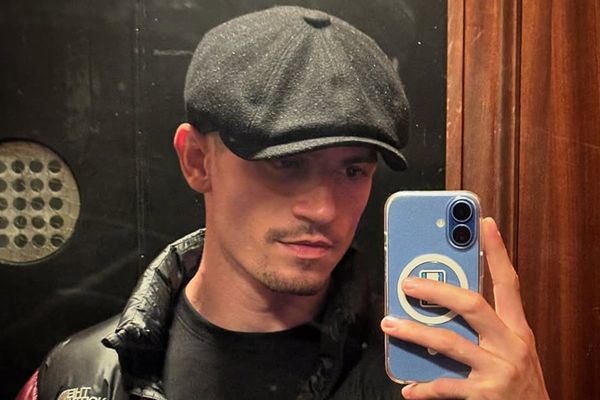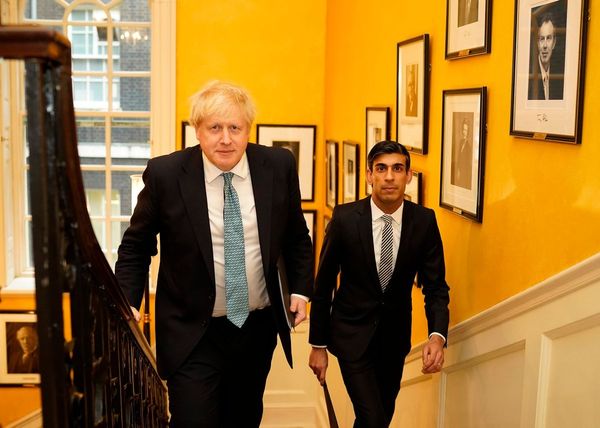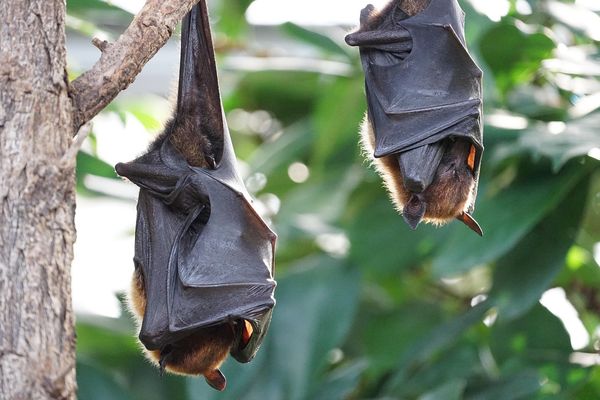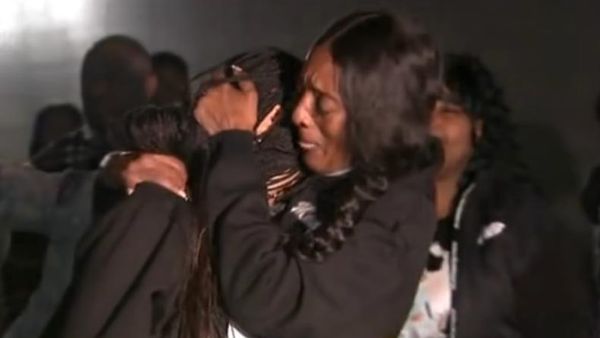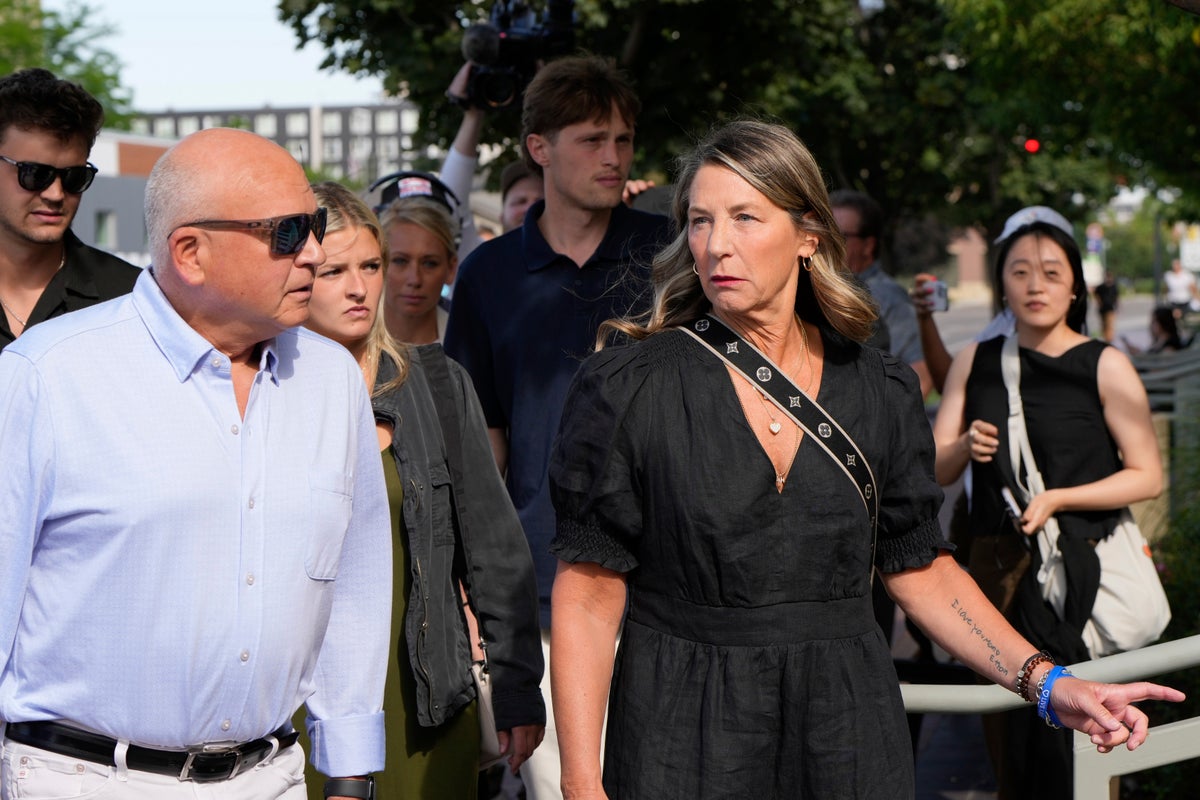
Relatives of two of the four University of Idaho students murdered in 2022 have asked a judge to prevent the release of graphic crime scene photos and videos, saying that the images are traumatizing and making them public would violate their privacy.
Bryan Kohberger was sentenced to life without parole last month for the stabbing murders of Kaylee Goncalves, Madison Mogen, Xana Kernodle and Ethan Chapin at their off-campus rental home in Moscow, Idaho.
Even if crime scene images are somehow redacted, it's still traumatizing for the families, Ethan's mother, Stacy Chapin, wrote in a court document.
“They are heartbreaking and continue to reopen a wound that has yet to heal,” she wrote.
The criminal case drew worldwide attention, and the Moscow Police Department received hundreds of requests to release investigatory records. Idaho law generally allows for the sealing of investigation records to be lifted once a criminal investigation is complete.
After Kohberger's sentencing, the city of Moscow responded to one such request for public records by releasing photos and videos taken by law enforcement at the crime scene, blurring out the bodies of the slain students as well as the faces of other victims and witnesses who talked to police outside the home.
The images still showed blood on the floors and walls of the home, however, and the videos included the sounds of sobbing friends and roommates.
Leander James, an attorney representing family members of Mogen and Chapin, told 2nd District Judge Megan Marshall that the blurring was ineffective, that the blood should also have been hidden from public view, and that the sounds of distress should have been muted.
“Blurring is not redacting,” James said during a Thursday morning hearing. He asked the judge to carefully consider Stacy Chapin's statement, describing “how incredibly harmful and emotionally damaging it is for her to see images of her son and the other victims. They're in there, they're just blurred — they're harder to see.”
The commodification of the killings by a whole industry of people obsessed with crimes makes it even more important to consider how the families have been victimized again by the release of such gory images, James told the judge.
“Images like this are disseminated within an instant, worldwide,” James said, criticizing “this ‘true crime’ sort of industry that uses this stuff for economic gain, and misuses it."
Andrew Pluskal, an attorney representing the city of Moscow, said the city is required by law to release the images under the Idaho Public Records Act, and carefully weighed what to redact using the “balancing test” spelled out in the law, weighing the victims' right to privacy against the public's right to know.
“If there were options allowed in statute that allowed these records to be fired into the sun,” the city would do it, Pluskal told the judge. He called the images “harrowing.”
But he said the city could have been sued if it refused their release, and redacting or blurring the images was its best attempt to follow the law.
“The city is in the middle here — the city is going to get it from either side,” Pluskal told the judge.
Marshall said she would consider both sides and issue a ruling at a later date.
Ukraine war latest: UK summons Russian ambassador after British Council struck
Parts of Russia run dry as Ukraine’s drone strikes hit oil refineries
Dallas mom left paralyzed after tree fell on her car
Brawl breaks out in Mexican senate over US military intervention against drug cartels
Trump threatens disaster relief for undocumented immigrants
Trump proposed getting rid of FEMA, but his review council seems focused on reforming the agency
